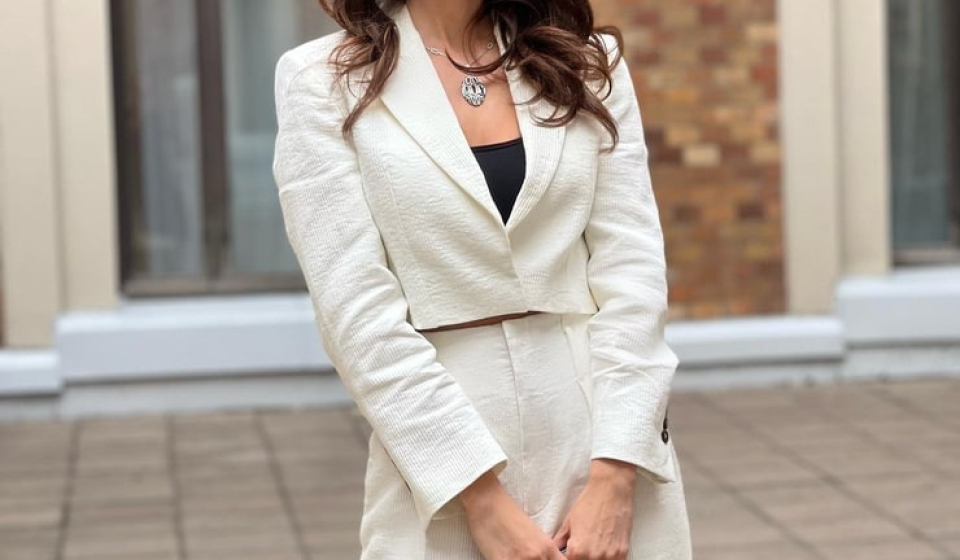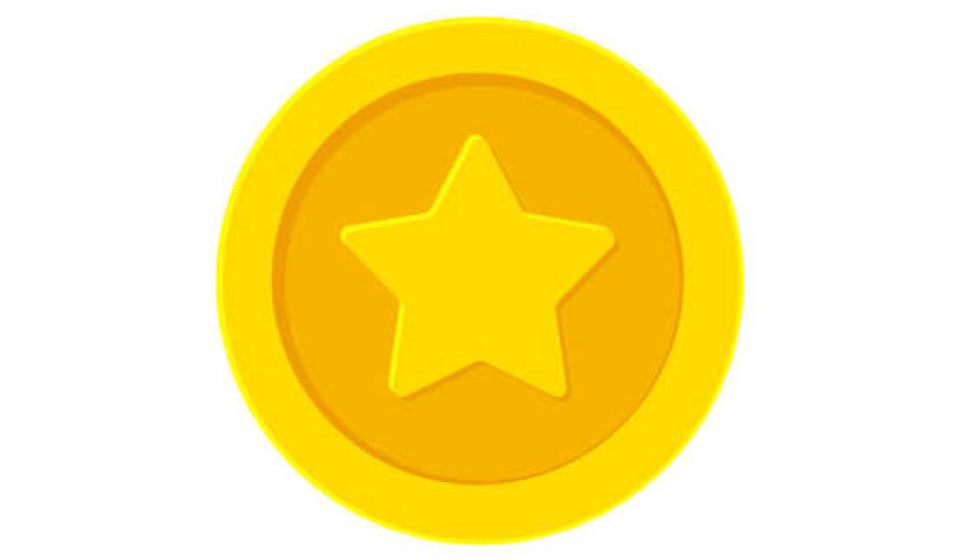We manage investors’ funds with extreme caution. Our risk management strategy includes winning risk/reward ratio, innovative hedging options, and diversification of the trading portfolio. Further, We are long-term traders. We open only good-quality trades. All trades are placed after extensive technical and fundamental research. Our team has more than a decade of active trading experience and also keeps monitoring all trades round the clock. We do not rely only on robots or automated copiers. Instead, we operate with a Win-Win business model as we make money when our clients make money. So you don’t have to worry about your funds’ security. We treat your hard-earned money like our own.
How Do You Manage Risk On Clients Investment?
The risk is an unavoidable factor that every trader needs to deal with. Although it cannot be eliminated entirely, we still try to keep it to a minimal level. We follow risk-adjusted trading strategies. We have well-planned rescue levels in place to protect clients’ investments. We do not incorporate the risk of more than 2%-3% of the total investment of clients in a single trade.
Does Anyone Else Have Access to My Funds?
No, the funds in your trading managed account are in your name at the broker. You are the proprietor of this account and the only one who can make withdrawals or deposits. The only power you grant to the managed program’s trade manager is trade-only access, which allows us to make trading selections on your behalf.
How Do You Minimize the Risk of Losing?
We trade assets we are familiar with. When traders trade something, they know they start to remove the luck element and replace it with skill. This strategy always increases the chances of winning trades.
How Do I Withdraw Funds from My Account?
To withdraw funds, you simply execute a withdrawal just as you would usually from any other brokerage account, according to the broker’s procedures. Usually, this involves submitting a form that you sign requesting the withdrawal, which also specifies how you wish to receive the money, such as the Bitcoin option or bank wire.
How Do I Check My Trade Outcome?
Once your trading account is set up on the broker platform, you can log into your account using the username and password you created to view and monitor the status of your account at any time. Once logged in, you can view a complete trade history of all closed trades.
How Do I Check My Trade Outcome?
Once your trading account is set up on the broker platform, you can log into your account using the username and password you created to view and monitor the status of your account at any time. Once logged in, you can view a complete trade history of all closed trades.
Do I Have to Open My Own Brokerage Account to Participate in a Managed Account Program?
Yes, you have to open a trading account with the broker used by our managed account program. We only feature well-regulated and highly reputable brokerage — you signup for your trading account in your name.
What Is Recommended Amount to Get Started With Our Managed Forex Account?
The minimum investment amount for our services is $10,000.
What’s the Difference Between Brokers and Traders?
Some newcomers mix up traders with brokers. A broker is a firm that allows you to trade with binary options or forex. A trader is someone who trades (selling and buying options) and needs a broker who offers a platform for these trades.
Why Are Managed Accounts Suitable?
Managed accounts are suitable for two major reasons. First, they allow you to get on with your day-to-day business while we work/make trade selections on your behalf. Second, investors often get a more significant return rate than individuals trading alone.
What is a Managed trading Account?
A managed trading account is an entirely segregated account and a very unique and well-structured model. It is individually owned by a brokerage firm investor but traded by a professional trader or money manager on the client’s behalf. You retain complete control over your account as a client, as money managers are granted “trade only” access to the accounts.








